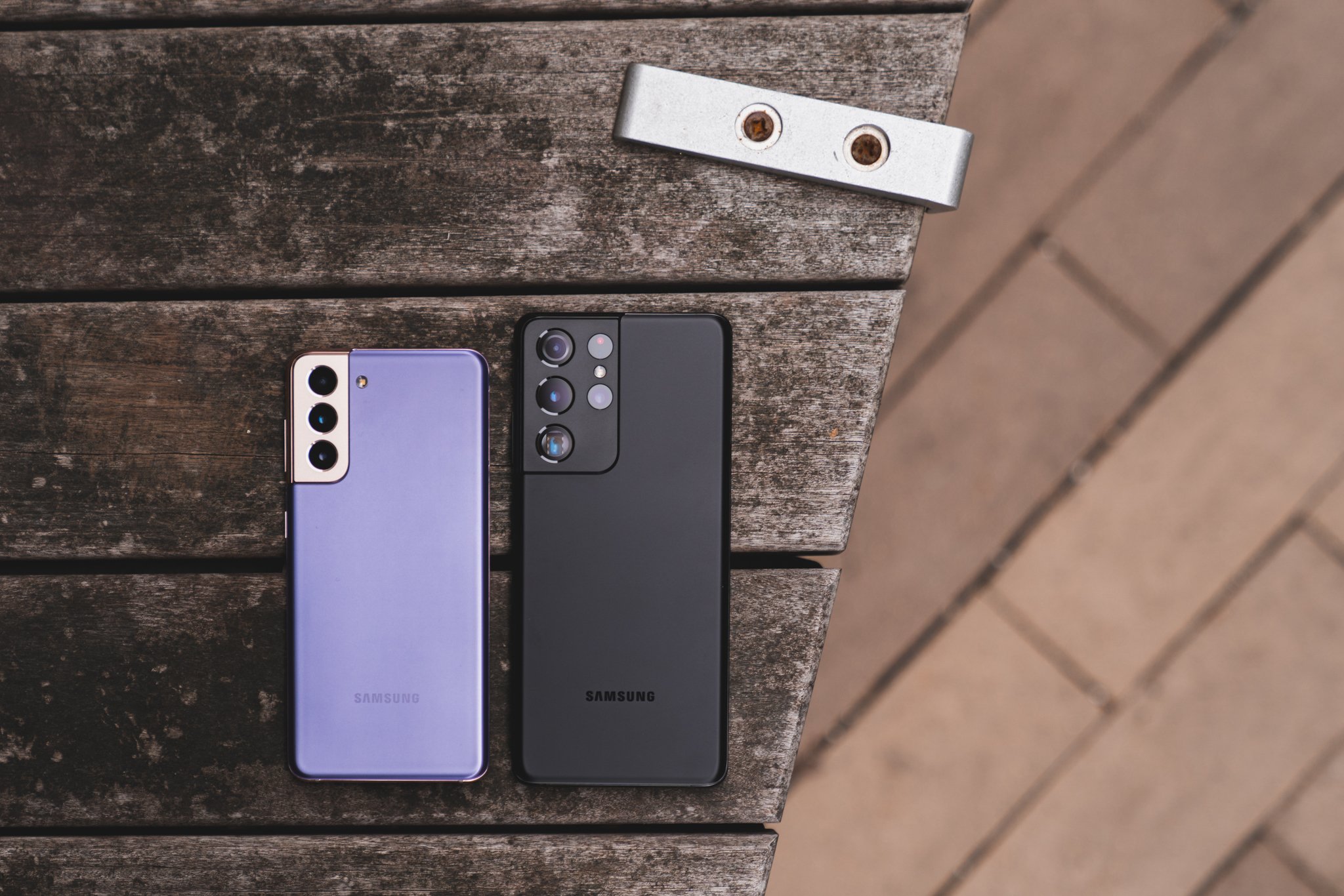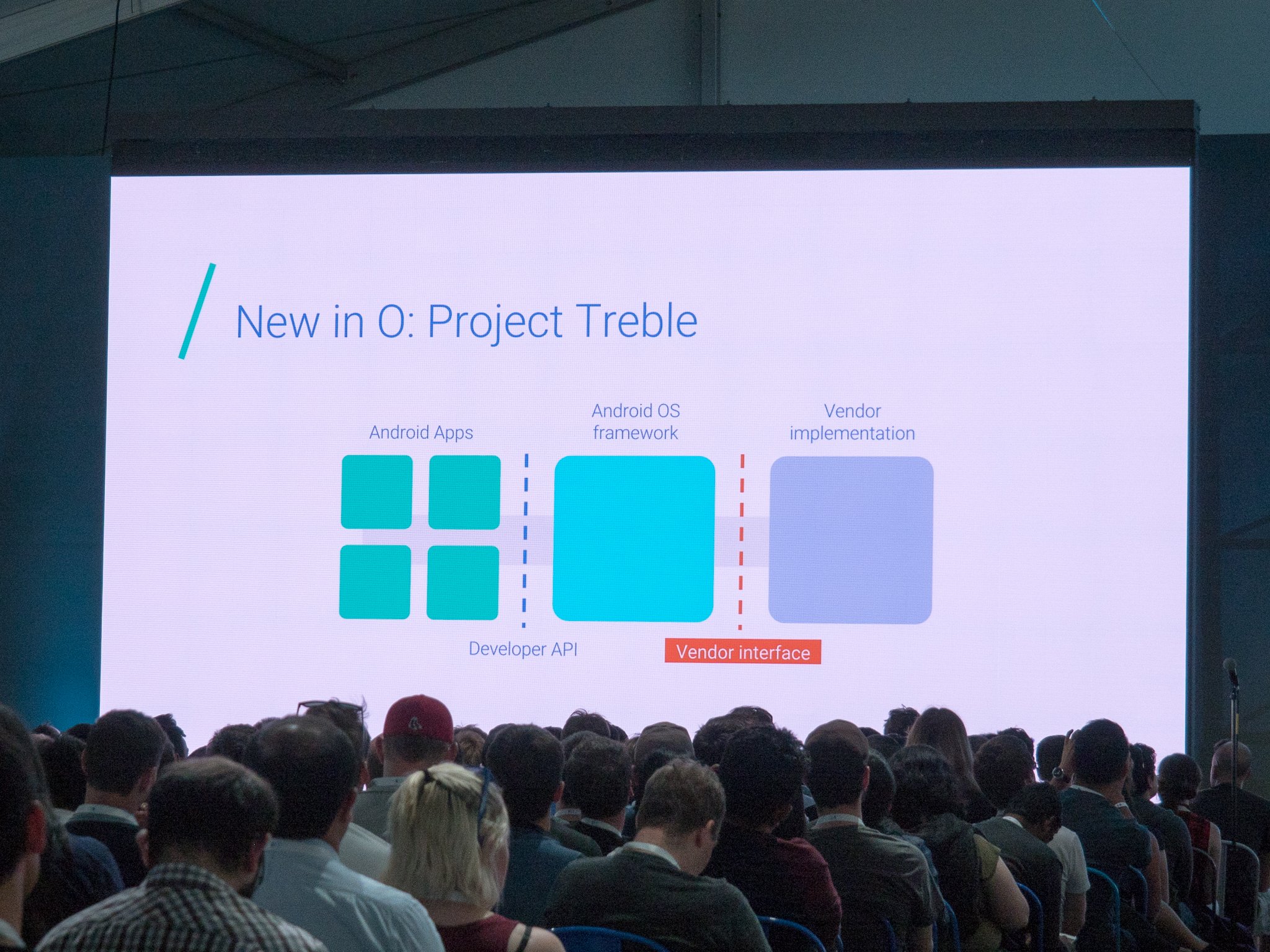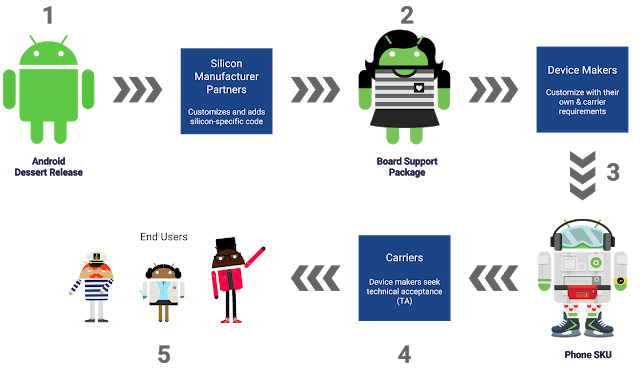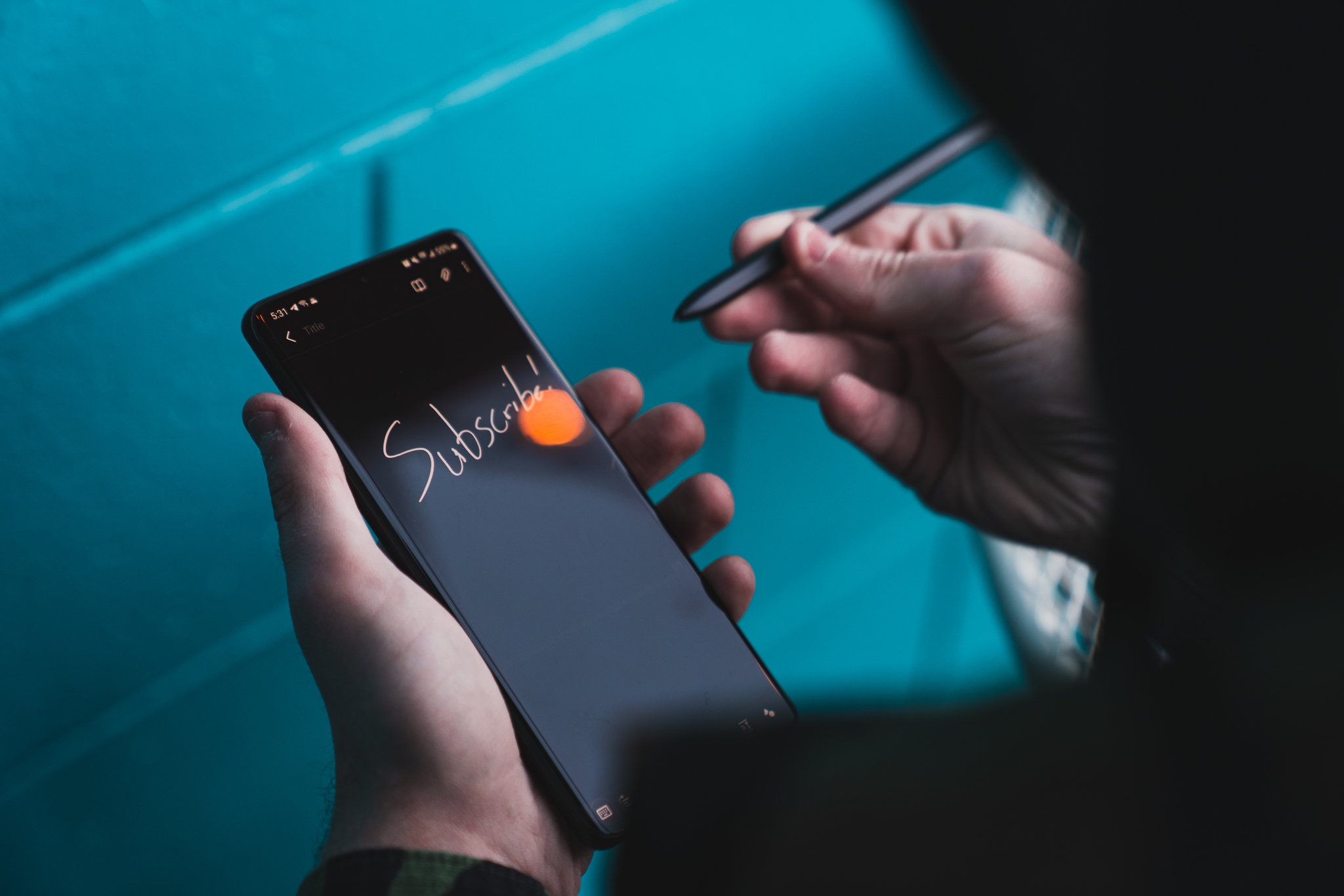I think Samsung will have Android 12 ready to go by the time the next flagship series is released.
There are plenty of choices when it comes to buying a new Android phone, and every model has its own specific things that make it great. You'll also find a Samsung Galaxy phone at the top or near the top of any best phone list out there, and for good reason: they combine awesome hardware with meaningful features that draw in plenty of users. Small complaints aside (we all have those with every phone), I think Samsung killed it with the Galaxy S21, and I'm not surprised when someone says it's up there with the best Android phones you can buy.
You can't deny that the Galaxy S21 is one of the best Android phones you can buy right now.
Google also makes some great phones like the Pixel 5, and when it comes to the company's yearly flagship, it has two things that make it stand out: the best camera of any mobile device and instant updates to new Android versions. While companies like Samsung are working on tackling that camera, the latter perk is slowly dissolving, thanks to hard work by the company itself and the way Google has changed how Android works.
Android is still Android. It's the open(ish) source software that Samsung can use to build into a full-fledged operating system to drive its amazing hardware. As long as Samsung follows Google's rules when it comes to the Play Store and associated Google services, it gets the same access as every other phone to the things that make Android great. The rest, however, isn't as mandatory, and we've seen how that can slow down the adoption of newer versions.
This all goes back to the 2017 announcement of Project Treble. Treble was a big change to Android's low-level system architecture that serves to make it easier for Google, chip makers, and phone makers to get new software on existing devices. It does this by separating out the ways things like the processor or wireless hardware are supported, leaving one big chunk that holds the software portions we see and use.
Project Treble had a slow start but is slowly gaining steam.
And it really does work, even though it didn't seem to be very successful when launched with Android Oreo. That's because changes like this still take time, and all of Google's partners needed to evaluate just how this new system could be used to make everything easier. When things get easier, they also can get faster. And that's something we've already seen.
Back in the old days, it often took a year or more for a new version of Android to appear on your Galaxy phone. That quickly became a running joke that Android detractors loved to point out whenever a new iPhone or iOS update was released. None of the companies involved in making a great Galaxy phone liked this. You can't blame them. But it was also something that meant a big sweeping change was needed if it were to be fixed.
And that's really what Project Treble was — the big change that allowed Samsung to get that update out faster, so there was one less "bad" thing about the brand. Most users probably didn't really care, but Google and Samsung cared. It needed to be fixed, and in a way that didn't disrupt us as users — let Google and Samsung do all the work but make it appear seamless to us.
Other things help make updates faster, notably the hard work of everyone involved.
Project Treble isn't the only thing that makes updates faster. Project Mainline (Google seems to love labeling everything as a project) was introduced as a way to break out even more of Android's core functionality in a way that Google could directly update it the same way an app from the Play Store is updated: seamless to the user with little or no disruption.
Mainline was a huge success specifically because you don't know how successful it was. The same goes for how core Google services and apps were split away and now get updated through the Play Store. It really does just work. But the biggest thorn is still the Android version updates. Thankfully, those are getting much faster, too, and with Android 12, we're going to see them a lot earlier than expected.
Project Treble isn't a way to create less work for vendors and phone makers and chip makers. It's a way to split the work so Google can focus on some things, Qualcomm can focus on others, and Samsung can focus on some, too. Each company gets to apply changes to the parts it knows best. Samsung, for example, gets to work on melding the new interface and security changes into One UI, while Qualcomm works on supporting modems in Android 12.
All the companies work together, too — Android is not simply a Google product in 2021. With each release since Android Oreo, we've seen Project Treble slowly make changes to how long the process takes, but with Android 12 I think we're going to see a big jump — when Samsung releases the next Galaxy S phone, Android 12 will be right behind for the Galaxy S21 line.
This is just my prediction, of course, but it's not simply a blind guess. The way system-level changes are applied is evident every month when Google releases the Android Security Bulletin. While these are very different than a full version update, the basics still apply — changes to deep system files are put in place with little or no changes to the interface layer needed.
This is only my prediction, but it's based on real things that have actually happened.
Samsung gets these monthly updates out on day one for many of its phones. That's a feat nobody would have thought possible just a year or two back. This is because Samsung has learned how to build its software in a way that works well with the whole system. You have what I'll call the "Google layer," the "Qualcomm layer," and the "Samsung layer." The Google and Qualcomm layers need to be patched and updated each month, but the Samsung layer doesn't. It seems like Samsung has reached the point where it only needs to test the changes and then send out the update.
I'm thinking that the Galaxy S22 (or whatever it will be called) is going to be amazing and a lot of people who are reading this will end up upgrading. But if you're like me and think the Galaxy S21 is a pretty great phone and don't mind the idea of keeping it for another year, you're going to see the new Android on it a lot sooner than you would have guessed.







0 Commentaires